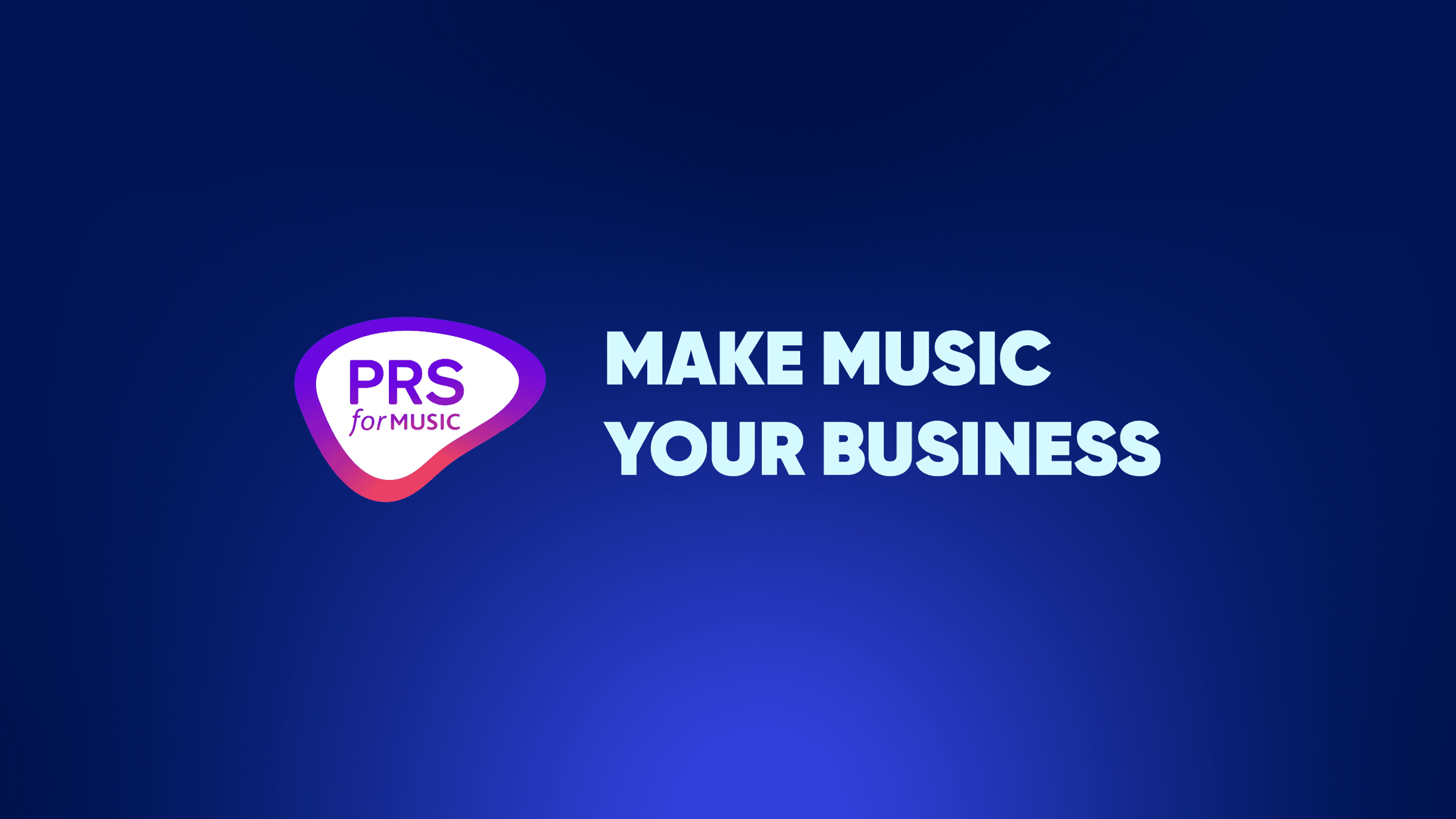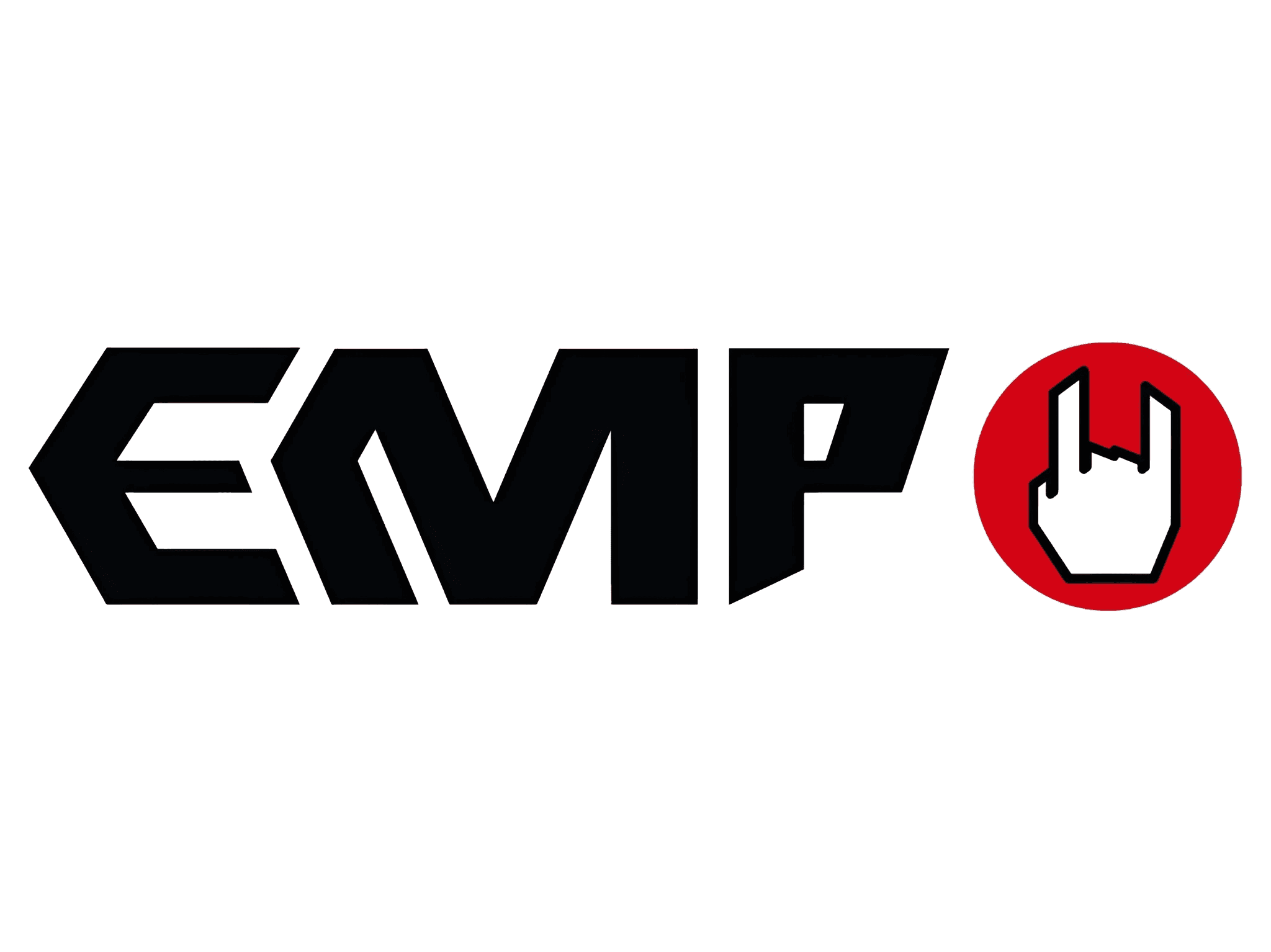


Appeals Court Deals Blow to RIAA by Stopping Expedited Piracy Subpoenas
The ruling slows the process of identifying internet users suspected of piracy
Record labels and studios have been blocked from using expedited subpoenas to identify internet users suspected of illegally downloading and sharing songs, movies and TV shows online.
The ruling:
As per Digital Music News, the 9th Circuit Court of Appeals has ruled that “copyright holders cannot use the Digital Millennium Copyright Act (DMCA) to subpoena internet providers to provide the identities of users allegedly committing piracy.”
The DMCA allows copyright holders to obtain subpoenas without first filing a lawsuit or getting approval from a judge.
In an amicus brief filed last year, the trade groups said that DMCA subpoenas are “an effective, and often the only, practical means of identifying online copyright pirates.”
Open to abuse:
Opponents argue the DMCA process can be abused by those who could invoke it to file thousands of lawsuits in the hopes of securing a payoff, “regardless of the ownership of the infringing material,” a belief that aligns with the 8th Circuit’s ruling in 2005 and the D.C. Circuit’s in 2003.
As a result, copyright holders have been left filing individual John Doe lawsuits rather than utilizing the expedited DMCA process.
The Recording Industry Association of America (RIAA) and the Motion Picture Association have warned the latest court ruling will weaken efforts to stamp out digital piracy.
What they said:
Judge Morgen Christen: “Whether the DMCA provides a sufficient remedy for copyright holders to vindicate their rights against infringers using P2P networking is ultimately a question for Congress, not the courts.”
Record labels and studios have been blocked from using expedited subpoenas to identify internet users suspected of illegally downloading and sharing songs, movies and TV shows online.
The ruling:
As per Digital Music News, the 9th Circuit Court of Appeals has ruled that “copyright holders cannot use the Digital Millennium Copyright Act (DMCA) to subpoena internet providers to provide the identities of users allegedly committing piracy.”
The DMCA allows copyright holders to obtain subpoenas without first filing a lawsuit or getting approval from a judge.
In an amicus brief filed last year, the trade groups said that DMCA subpoenas are “an effective, and often the only, practical means of identifying online copyright pirates.”
Open to abuse:
Opponents argue the DMCA process can be abused by those who could invoke it to file thousands of lawsuits in the hopes of securing a payoff, “regardless of the ownership of the infringing material,” a belief that aligns with the 8th Circuit’s ruling in 2005 and the D.C. Circuit’s in 2003.
As a result, copyright holders have been left filing individual John Doe lawsuits rather than utilizing the expedited DMCA process.
The Recording Industry Association of America (RIAA) and the Motion Picture Association have warned the latest court ruling will weaken efforts to stamp out digital piracy.
What they said:
Judge Morgen Christen: “Whether the DMCA provides a sufficient remedy for copyright holders to vindicate their rights against infringers using P2P networking is ultimately a question for Congress, not the courts.”
Record labels and studios have been blocked from using expedited subpoenas to identify internet users suspected of illegally downloading and sharing songs, movies and TV shows online.
The ruling:
As per Digital Music News, the 9th Circuit Court of Appeals has ruled that “copyright holders cannot use the Digital Millennium Copyright Act (DMCA) to subpoena internet providers to provide the identities of users allegedly committing piracy.”
The DMCA allows copyright holders to obtain subpoenas without first filing a lawsuit or getting approval from a judge.
In an amicus brief filed last year, the trade groups said that DMCA subpoenas are “an effective, and often the only, practical means of identifying online copyright pirates.”
Open to abuse:
Opponents argue the DMCA process can be abused by those who could invoke it to file thousands of lawsuits in the hopes of securing a payoff, “regardless of the ownership of the infringing material,” a belief that aligns with the 8th Circuit’s ruling in 2005 and the D.C. Circuit’s in 2003.
As a result, copyright holders have been left filing individual John Doe lawsuits rather than utilizing the expedited DMCA process.
The Recording Industry Association of America (RIAA) and the Motion Picture Association have warned the latest court ruling will weaken efforts to stamp out digital piracy.
What they said:
Judge Morgen Christen: “Whether the DMCA provides a sufficient remedy for copyright holders to vindicate their rights against infringers using P2P networking is ultimately a question for Congress, not the courts.”
Recording Industry Association of America
Motion Picture Association
9th Circuit Court of Appeals
Judge Morgen Christen
Digital Millennium Copyright Act
ISP Copyright Liability
Music Copyright Litigation
Industry Litigation
Weakening of Anti-Piracy Tools
Copyright Policy
ISP Liability
Litigation
Copyright Infringement
United States
👋 Disclosures & Transparency Block
- This story was written with information sourced from Digital Music News.
- We covered it because it’s copyright related news that impacts the music and film industry.
📨 Subscribe to NIF
Get news dropped in your inbox 👇
📨 Subscribe to NIF
Get news dropped in your inbox 👇
Related Articles

Policy & Legal
Feb 16, 2026
1 min read
UMG Acquisition of Downtown Music is Approved by European Commission
The deal, which has been severely decried by the music industry, is now able to go through

Policy & Legal
Feb 16, 2026
1 min read
PRS For Music Will Not Factor UK Grassroots Levy Into Licensing Calculations
This move will allow more money from the ticket levy to support grassroots venues in the UK

Policy & Legal
Feb 16, 2026
1 min read
DOJ Antitrust Chief Gail Slater Steps Down
The move sparks fears over the fate of the DOJ case against Live Nation

UMG Acquisition of Downtown Music is Approved by European Commission
The deal, which has been severely decried by the music industry, is now able to go through

Harry Levin
Policy
Feb 16, 2026

PRS For Music Will Not Factor UK Grassroots Levy Into Licensing Calculations
This move will allow more money from the ticket levy to support grassroots venues in the UK

Harry Levin
Policy
Feb 16, 2026

DOJ Antitrust Chief Gail Slater Steps Down
The move sparks fears over the fate of the DOJ case against Live Nation

Rod Yates
Policy
Feb 16, 2026

UMG Inks Global Licensing Deal with ClicknClear
Paves the way for the use of licensed tracks in choreographed sports

Rod Yates
Policy
Feb 13, 2026

Mozart AI Raises $6M in Oversubscribed Funding Round
Says its user base has topped 100,000

Rod Yates
Policy
Feb 12, 2026

ASCAP Paid Out $1.75 Billion in Royalties in 2025
The amount is a record for the PRO

Harry Levin
Policy
Feb 12, 2026





